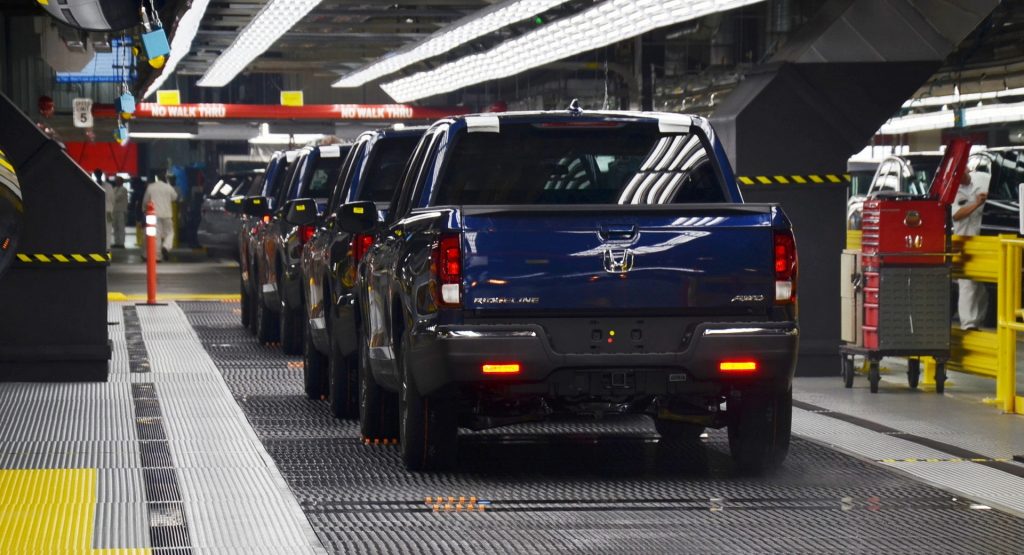Following a new proposal in the U.S. House of Representatives aimed at increasing the scope of tax incentives for EV buyers, Toyota and Honda have publicly criticized a measure that would add another $4,500 in incentives for union-made vehicles.
Although both Toyota and Honda operate manufacturing plants in the U.S., neither they nor any other foreign automaker employ workers represented by the United Auto Workers union. In a statement, Toyota said the bill would disfavor non-union workers.
Both Honda and Toyota have been accused of anti-union activities in North America. Despite that, the former called the bill “unfair” because it wants tax credits for the vehicles it builds in Alabama, Indiana, and Ohio.
Read Also: White House May Have Snubbed Tesla At EV Event Because Of Anti-Union Attitudes
The bill, proposed by House Democrats, is estimated to cost between $33-$34 billion over the next 10 years and would boost the maximum available federal tax incentive for EVs to $12,500, up from the current $7,500. The bill also seeks to limit the incentives to cars costing no more than $55,000 and trucks costing no more than $74,000.
It would also do away with the phase-out of the tax credit after 200,000 EV sales, which will mean that both Tesla (whose workers are also not union-represented) and GM would be eligible for incentives again.
Toyota and Honda have an uphill battle ahead of them since Democrats and President Joe Biden have made promoting strong union jobs a priority. Unsurprisingly, the bill pleases the UAW, which called for similar measures previously.
The bill “would go a long way in supporting good-paying union jobs in (the) EV auto sector that President Biden has championed,” UAW representative Ray Curry said, per Reuters.






